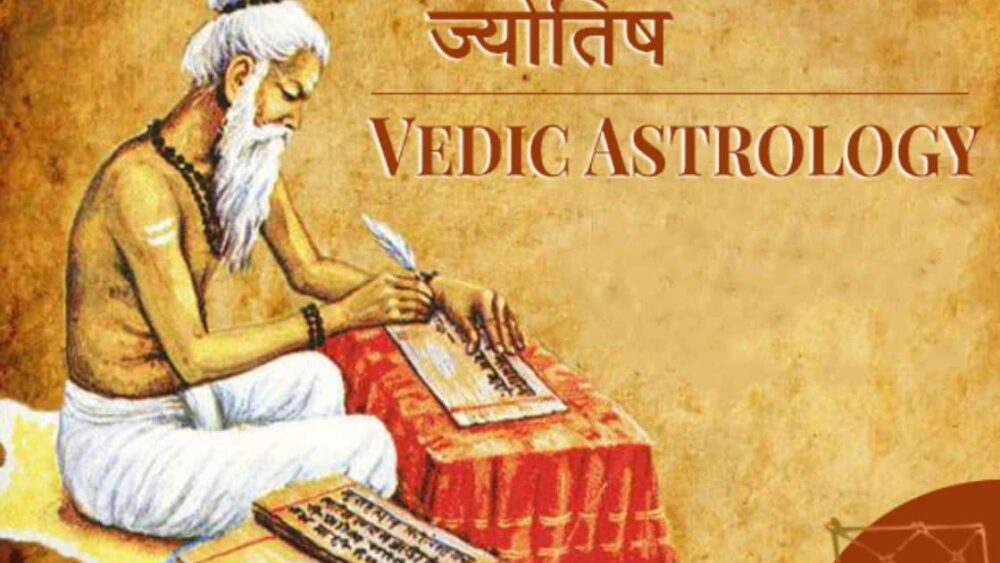The history of Indian astrology, also known as Vedic astrology or Jyotish, can be traced back thousands of years. Its origins are closely tied to the development of Hinduism and the Vedas, ancient Hindu texts that contain a wealth of knowledge on a range of subjects, including astrology.
The earliest mention of astrology in the Vedas dates back to around 2000 BCE, and the first astrological text, the Vedanga Jyotisha, was written around 1400 BCE. This text is considered to be the foundation of Indian astrology, and it covers a wide range of topics related to astronomy and astrology, including the movements of the stars and planets and their influence on human lives.
Over the centuries, Indian astrology evolved and developed into a complex and sophisticated system of knowledge, incorporating a range of different approaches and techniques. One of the most important texts on Indian astrology is the Brihat Parashara Hora Shastra, written by Maharishi Parashara around the 6th century CE. This text is still widely studied and used by astrologers in India today.
Indian astrology has also been influenced by other cultures and traditions, including Greek and Persian astrology. However, it has maintained its distinctive character and continues to be an important part of Indian culture and spirituality. Today, Indian astrology is practiced and studied not only in India but also around the world, and it remains a valuable source of guidance and insight for many people.

